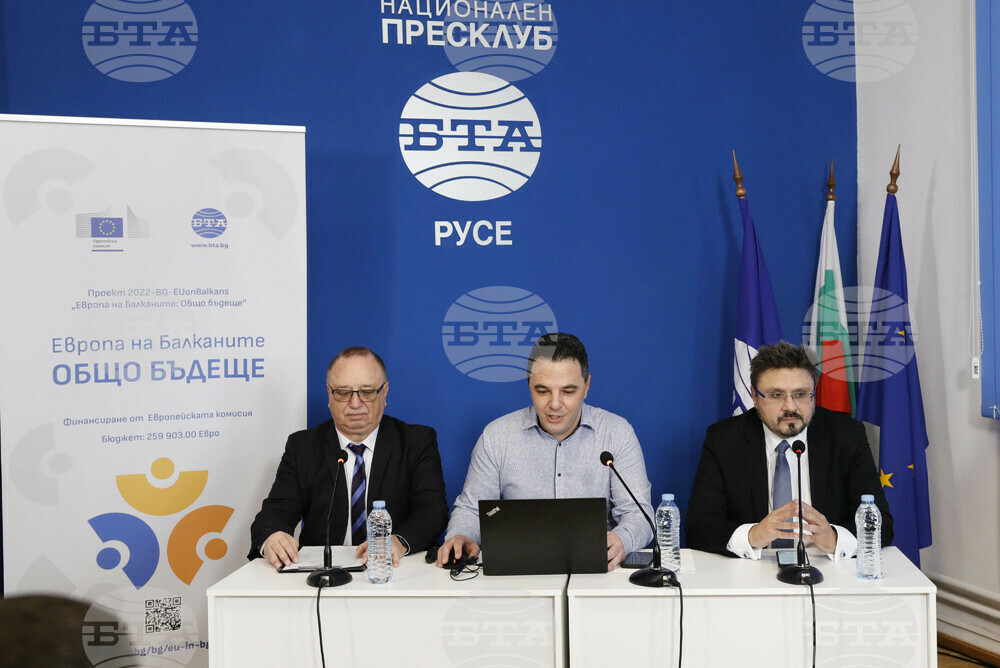site.btaUPDATED BTA Hosts "Europe in the Balkans" Conference in Ruse


Ruse, on the Danube,
16.01.2024 11:31 | UPDATED 16.01.2024 14:54
(BTA)
Tags
A regional conference under a BTA project called "Europe in the Balkans: А Common Future" was held at the national news agency's press club in Ruse on Tuesday. BTA is implementing the project with the support of the European Commission.
/DS/
Additional



































news.modal.image.header
news.modal.image.text
news.modal.download.header
news.modal.download.text
news.modal.header
news.modal.text